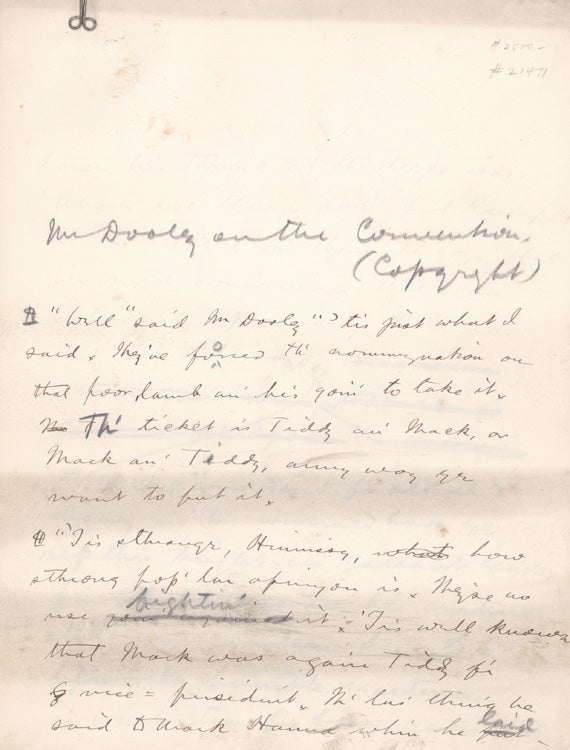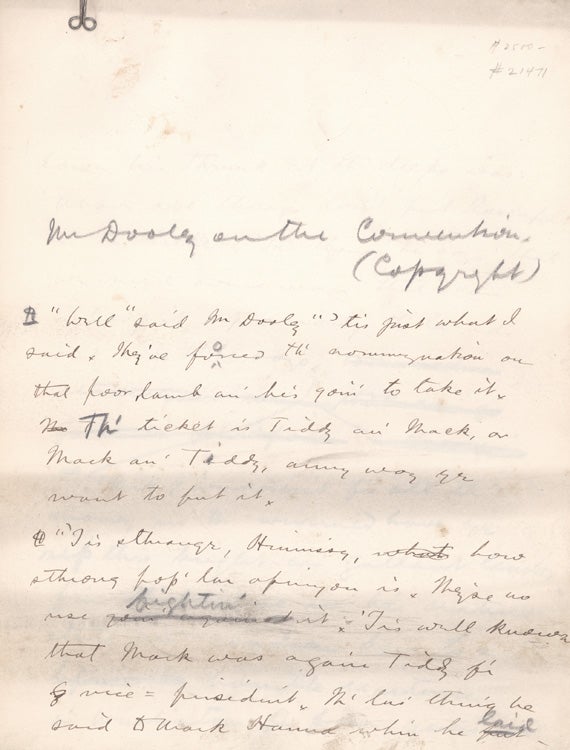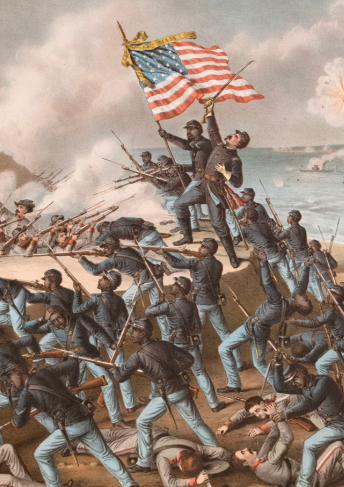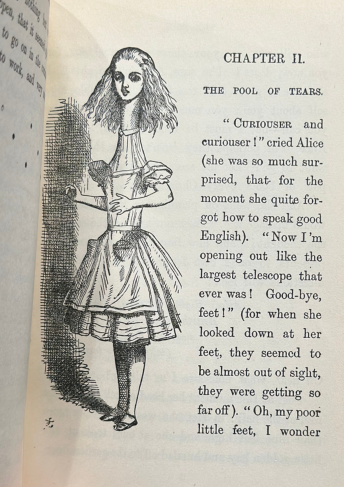Original Manuscript of a “Mr. Dooley” Piece Concerning TR
“Mr. Dooley on the Convention.” Original manuscript of this humorous piece concerning McKinley, Theodore Roosevelt and the Convention of 1900.
[New York]: ca. 1900.
Price: $2,500.00
About the item
Written on fourteen 11 x 8-1/2 in. pages in pen and (mostly) pencil, with numerous corrections. 1 vols. Original Manuscript of a “Mr. Dooley” Piece Concerning TR. Light soiling to first and last page, a few bits of minor marginal fraying, else fine.
Item #21471
Written at the time of the 1900 Presidential Convention, this amusing piece, in “Mr. Dooley’s” Irish dialect, deals with the prospect of Theodore Roosevelt's nomination as McKinley's vice-president, which time has shown to be an epochal event in American history. Mr. Dooley lightheartedly notes that, “'Tis well known that Mack was agin Tiddy fi vice-president. Th' las' thing he said to Mark Hanna when he laid down his thrunk at th' deepo was: 'Above all things don't put Rosenfelt on th' ticket … I wudden't fi all th' money in th' wurruld have yr rip this bright an' gallant leader fim' th' sarvice in his native state an' condim him to a horrible existence in Washington fi four years an' give him no chanst fi further priomotion …'” He continues discussing the appearance and attitudes of TR, and his reluctance to be nominated, ending with his strong suspicion that McKinley wanted him all the time. (A year later, of course, McKinley was assassinated and TR was President).
Finley Peter Dunne (1867-1936) had a distinguished editorial career on a number of newspapers, including William C. Whitney's Morning Telegraph, which led the Whitneys to become his patrons, and subsidize him as they might a son. Most of his “Mr. Dooley” sketches appeared between 1893 and 1905, by which time, having received more than a million Whitney dollars, and no longer needing the income from his pen, he virtually ceased to write.
A large factor in Dunne's success was his use of Irish dialect, behind which he could amusingly conceal his very real outrage at the wrongs of the times. He has been called America's greatest humorist after Mark Twain.
A significant manuscript.




